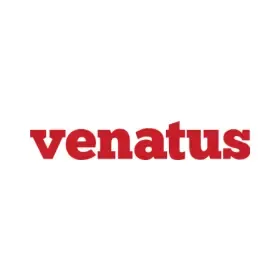7 Free Generative Engine Optimization Tools for Publishers
-
 By Editorial Staff
By Editorial Staff
-
30 May 25
Let’s be honest, if you’re a publisher these days, just knowing traditional SEO isn’t enough anymore feels like the understatement of the century. The world has shifted. Search engines aren’t just about crawling and ranking pages anymore; they’re about AI-powered content synthesis, chatbots, and generative AI models like ChatGPT answering users’ questions directly.
Summary
-
7 Free Generative Engine Optimization Tools for Publishers
- 1. ChatGPT by OpenAI
- 2. Writesonic’s AI Traffic Analytics
- 3. HubSpot AI Search Grader
- 4. Profound
- 5. Mangools AI Search Grader
- 6. Otterly.ai
- 7. Rankscale.ai
- Why Are These Tools Essential Now?
- How to Get Started with GEO as a Publisher
Let’s be honest, if you’re a publisher these days, just knowing traditional SEO isn’t enough anymore feels like the understatement of the century. The world has shifted. Search engines aren’t just about crawling and ranking pages anymore; they’re about AI-powered content synthesis, chatbots, and generative AI models like ChatGPT answering users’ questions directly.
In fact, recent reports estimate that by 2025, over 40% of all online search queries will be processed by generative AI models and Google’s Search Generative Experience. What does that mean for you? It means your content needs to be optimized not just for Google’s traditional ranking algorithms, but also for these new AI engines, and that’s where Generative Engine Optimization tools come in.
If you’re worried this sounds complicated or expensive, good news! There are free tools out there designed exactly to help publishers like you navigate this new AI search world.
7 Free Generative Engine Optimization Tools for Publishers
Here are 7 free generative engine optimization tools that you should definitely have on your radar in 2025.
1. ChatGPT by OpenAI

You might think, “Wait, ChatGPT is just a chatbot, why is it an optimization tool?” Here’s the deal: ChatGPT is not only one of the biggest AI search engines right now but also a powerful tool to understand how generative AI interprets your content. Publishers can use ChatGPT to test queries, generate fresh ideas, and refine content by asking for summaries or expansions. This helps ensure your content aligns with natural user questions and AI reasoning patterns, making it more likely to be surfaced in AI-generated answers.
Statistically, OpenAI reported that ChatGPT has over 100 million active users worldwide in early 2025, making it one of the largest platforms where your content visibility matters.
Key Features:
- Summarize and expand your content in conversational form
- Compare your content with competitors for optimization insights
- Generate fresh content ideas based on trending queries
- Align content with AI reasoning patterns for better visibility
Best For: Publishers who want to test how AI interprets their content, generate new ideas, and refine existing articles using conversational AI insights. Ask ChatGPT to summarize your content or compare it with competitor content to identify optimization gaps.
2. Writesonic’s AI Traffic Analytics
Writesonic has built a free tool that helps publishers track how their content is performing across generative AI platforms. Traditional traffic metrics don’t capture AI-driven visibility, so this tool fills that gap by measuring how often your domain or brand appears in AI-generated answers across ChatGPT, Perplexity, and Google SGE. It also highlights which pages get referenced most and tracks fluctuations to help you understand the impact of your optimization efforts.
According to Writesonic’s internal data, users who actively monitor AI traffic see a 20% uplift in AI-driven visibility within 3 months.
Key Features:
- Measures AI-driven visibility across ChatGPT, Perplexity, and Google SGE
- Highlights most-referenced pages for better optimization focus
- Tracks fluctuations in brand mentions to gauge impact
- Offers actionable insights to refine AI optimization strategies
Best For: Publishers looking to track AI-driven traffic and understand which content performs best across multiple generative AI platforms.
3. HubSpot AI Search Grader

HubSpot’s AI Search Grader is a free tool designed to help publishers assess how well their brand is appearing across popular AI search engines. Since AI engines prioritize authoritative and trustworthy sources to cite, this tool analyzes your content’s authority signals and visibility in AI-generated answers. It also identifies gaps and provides actionable recommendations to strengthen your brand’s AI search presence and improve your overall content strategy.
According to a recent HubSpot survey, over 70% of businesses are actively using AI grading tools to improve their content strategy in 2025.
Key Features:
- Analyzes authority signals in AI-generated answers
- Grades content visibility across generative AI platforms
- Identifies content gaps and offers improvement tips
- Provides detailed AI search performance insights
Best For: Publishers aiming to analyze and improve their brand authority and visibility within AI-generated search results.
4. Profound

Profound offers a free tier that lets publishers monitor their brand’s presence in AI search results over time, tracking visibility across platforms like Writesonic, Google SGE, and others. By providing historical data and visibility scores compared to competitors, Profound helps you spot trends and shifts in AI mentions. Their recommendations also help publishers fine-tune their content to maintain or improve their AI visibility in an increasingly competitive landscape.
With generative AI gaining momentum, early adopters using tools like Profound have reported a 15-25% increase in AI-generated traffic in just 6 months.
Key Features:
- Tracks brand visibility across multiple AI platforms
- Provides historical data to spot trends and shifts
- Benchmarks your visibility scores against competitors
- Suggests ways to maintain or improve AI-generated traffic
Best For: Publishers who want to track their AI search presence and monitor changes over time to stay ahead of competitors.
5. Mangools AI Search Grader

Mangools is well known for traditional SEO, but their free AI Search Grader tool focuses specifically on generative AI environments. It allows you to compare your brand’s AI visibility with competitors, identify AI-specific keywords your site ranks for in ChatGPT answers, and receive practical advice on boosting your presence in AI-driven search. This makes it easier to craft content strategies tailored to AI search algorithms and maintain a competitive edge.
They reported that users saw an average of 18% increase in AI content citations after optimizing with their grader.
Key Features:
- Benchmarks your brand’s AI visibility against competitors
- Identifies AI-specific keywords in generative search
- Provides actionable advice for improving AI citations
- Tracks keyword rankings in AI-generated answers
Best For: Publishers seeking competitive analysis and keyword insights specifically tailored for generative AI search engines.
6. Otterly.ai

Otterly.ai is a newer free tool that helps publishers analyze how often their content is cited in AI-generated search results, including Google AI Overviews and ChatGPT responses. It tracks content mentions, monitors AI-driven traffic shifts, and provides insights into improving content authority. By understanding which pages and topics AI chatbots favor, you can adapt your content to increase visibility and engagement in AI search environments.
Publishers using Otterly.ai noted a consistent rise in AI citations which correlates with improved traffic and engagement.
Key Features:
- Tracks AI-driven traffic fluctuations and content mentions
- Highlights top-performing content in generative search
- Provides insights for boosting content authority in AI search
- Offers historical data for trend analysis and optimization
Best For: Publishers interested in tracking how often their content is cited in AI-generated snippets and improving AI content authority.
7. Rankscale.ai

Rankscale.ai offers a free GEO tool that allows publishers to track how their brand and keywords perform across multiple generative AI search platforms. It helps identify which AI queries bring the most visibility and provides detailed keyword performance reports tailored for AI-generated answers. These insights enable you to adjust your content strategy based on actual AI user behavior, making your optimization efforts more targeted and effective.
Early Rankscale.ai users have reported a 12% boost in brand mentions within AI chatbot answers.
Key Features:
- Tracks brand and keyword performance in AI search engines
- Identifies high-visibility AI queries for better targeting
- Delivers detailed keyword performance reports for AI search
- Helps adjust content strategy for better AI-driven visibility
Best For: Publishers who want detailed keyword and brand tracking across multiple AI-powered search platforms to optimize content strategy.
Why Are These Tools Essential Now?
The SEO landscape has changed radically. Google’s introduction of AI-powered Search Generative Experience means:
- More than 50% of search queries in some niches are answered directly by AI chatbots, bypassing traditional links.
- 65% of marketers say that optimizing for AI-driven search results is their top priority in 2025.
- Content that ranks well for AI answers gets higher click-through rates on subsequent searches because users trust AI summaries.
This shift means publishers not only have to create great content but also optimize it to be recognized and cited by AI systems. GEO tools help by giving you the data and insights you need, without breaking the bank.
How to Get Started with GEO as a Publisher
- Test your content with the free AI tools: See how your existing content is interpreted. Ask tools like ChatGPT questions related to your niche and see if your content is cited.
- Use AI-specific analytics: Tools like Writesonic and Profound can give you insights into AI-driven traffic and visibility.
- Analyze your brand presence: HubSpot AI Search Grader and Mangools help assess your AI visibility compared to competitors.
- Track performance over time: Otterly.ai and Rankscale.ai provide ongoing monitoring to understand trends.
- Optimize continuously: Use insights to update and rewrite content to be clearer, more authoritative, and aligned with user intent in natural language.
Final Thoughts
With generative AI changing how search works in 2025, getting on board with Generative Engine Optimization is no longer optional, it's essential. As a publisher, your ability to adapt will define your success. Free GEO tools like ChatGPT, Writesonic’s AI Traffic Analytics, HubSpot AI Search Grader, and the rest on this list are your allies in this new era of AI-driven search. They give you an edge to ensure your content is not only seen but trusted by the AI engines shaping the future of search. So, don’t wait. Dive into these tools, experiment, monitor, and optimize your way to better AI visibility.
| Recommended Software | Category | Why Choose? | Signup URL |
|---|---|---|---|
| Setupad | Website Monetization | High CPMs, On time payments | Signup here |
| Adsterra | Website Monetization | AdSense alternative, niche CPMs | Signup here |
| Beehiiv | Email Monetization | Additional revenue, High CPMs | Signup here |
| Semrush | SEO | High impact on SEO and traffic | Signup here |
| Frase.io | AI SEO | Affordable, Boosts SEO traffic | Signup here |
| WP Rocket | Speed Optimization | Affordable, Boosts Pagespeed | Signup here |

Editorial Staff at Publisher Growth is a team of blogging and AdTech experts adept at creating how-to, tutorials, listings, and reviews that can publishers run their online businesses in a better way.
View All PostsOur Editors’ Pick:
Browse these amazing publisher monetization tools handpicked by our team of editors













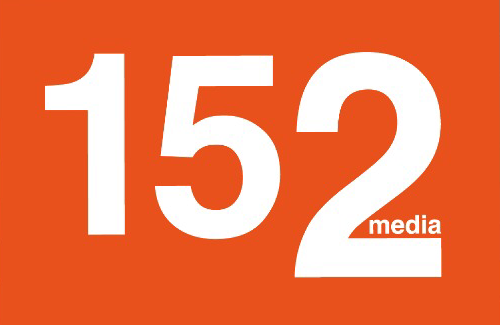
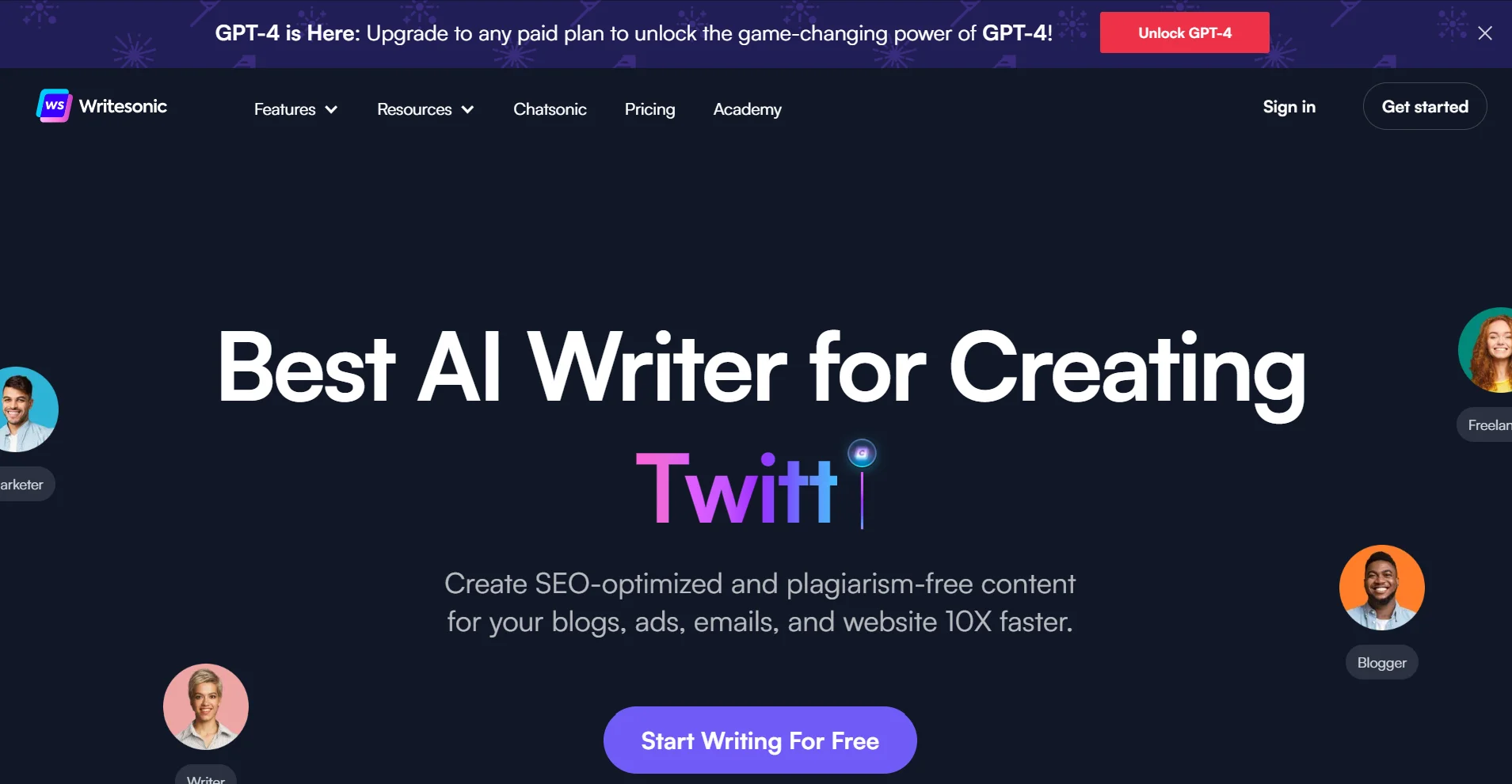


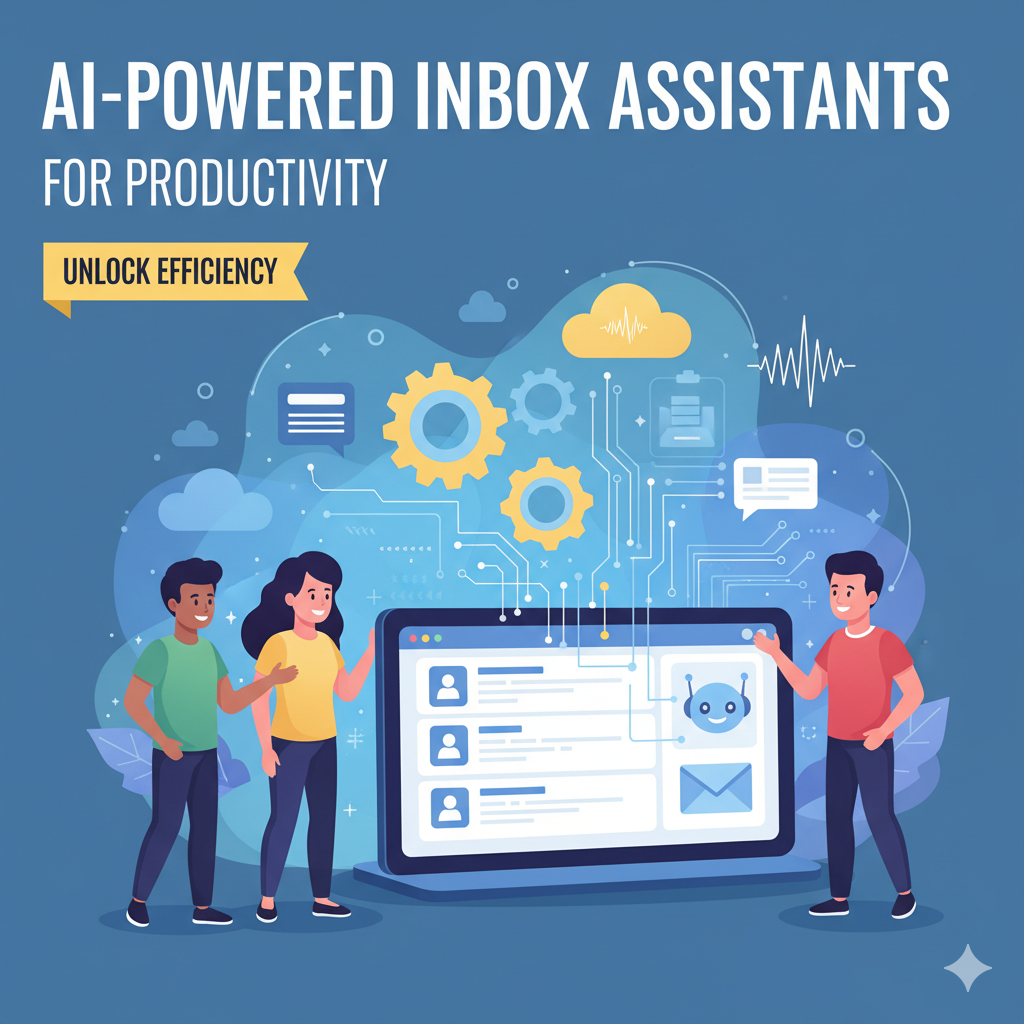

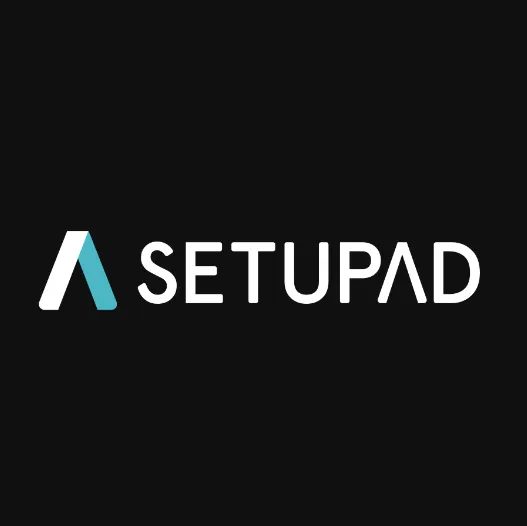

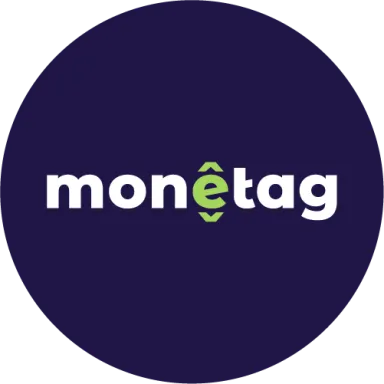


 (1).webp)
